Information on our current fellowships is available on the following page.
|
Net zero opportunities to mitigate agricultural emissions in the North East of Scotland |
|
Lead: Benjamin McCormick, The Rowett Institute Stakeholders: Opportunity North East |
|
Over the past 10 years there have been a number of industry reports outlining both the opportunities to reduce emissions from agriculture and the costs associated with them. As part of a SEFARI Fellowship, we reviewed these reports and try to estimate the gap between current and target emissions and what might be feasible for the North East of Scotland. Read the Case Study |
|
|
|
Identifying New Market Opportunities for Scottish Grown Hemp Grain and Fibre |
|
Lead: Wisdom Dogbe, Rowett Institute Stakeholders: Scottish Hemp Association and Scottish Agricultural Organisation Society |
|
This project will identify and quantify current market opportunities for Scottish grown hemp grain and fibre, as well as exploring more advanced potentially higher value markets and, through engagement with partners and wider stakeholders, identify barriers to market. This scoping work will inform a detailed supply chain analysis based on current and projected markets. |
|
|
|
On Route to Net Zero: Sustainable Transport in Loch Lomond and Trossachs National Park |
|
Lead: Alexa Green, SRUC Stakeholder: Loch Lomond and Trossachs National Park Authority |
|
This Fellowship will focus on how Loch Lomond and Trossachs National Park can simultaneously decarbonise transport in response to the climate emergency and address the transport system(s) failure that has resulted in car-dependency for those living, working and visiting the National Park. The consequences of the high and ever-increasing car volumes have been exacerbated and accelerated by Covid-19 and car-dependant travel results in high emissions, congestion, visitor management pressures and a non-inclusive recreational opportunity. This in turn deeply constrains the ability to address our climate, health, biodiversity and economic emergencies, and is brought into sharp focus by the imperative of the Just Transition. The Fellowship will provide a specific contribution to the National Park Partnership Plan 2018-23 and will advance early thinking on its successor, particularly how participatory policy development could be used as the new Plan is developed. Read the Report |
|
|
|
Establishing a Crop Yield Prediction Model and Map for Scotland |
|
Lead: Mohamed Jabloun, James Hutton Institute Stakeholders: Scottish Government Rural and Environment Science and Analytical Services (RESAS) |
|
To support the development of an annual prediction model to estimate the yields and locations of high-profile crops across Scotland. The project will investigate novel methods and transform the way national statistics for key crops are developed while providing insight into Scottish crop production capability and values. |
|
|
|
Helping Businesses Develop New Opportunities from Natural Capital |
|
Lead: Alistair McVittie, SRUC Stakeholder: Scottish Forum on Natural Capital |
|
This fellowship offers the chance to contribute to the Scottish Forum’s work to help businesses understand how they rely on, have an impact on and can develop business opportunities from natural capital, and encourage action to protect and enhance Scotland’s natural wealth. It will aim to work with businesses to understand how taking account of these connections with nature can provide benefits and will likely focus on the SMEs and micro-businesses in the food and drink sector. |
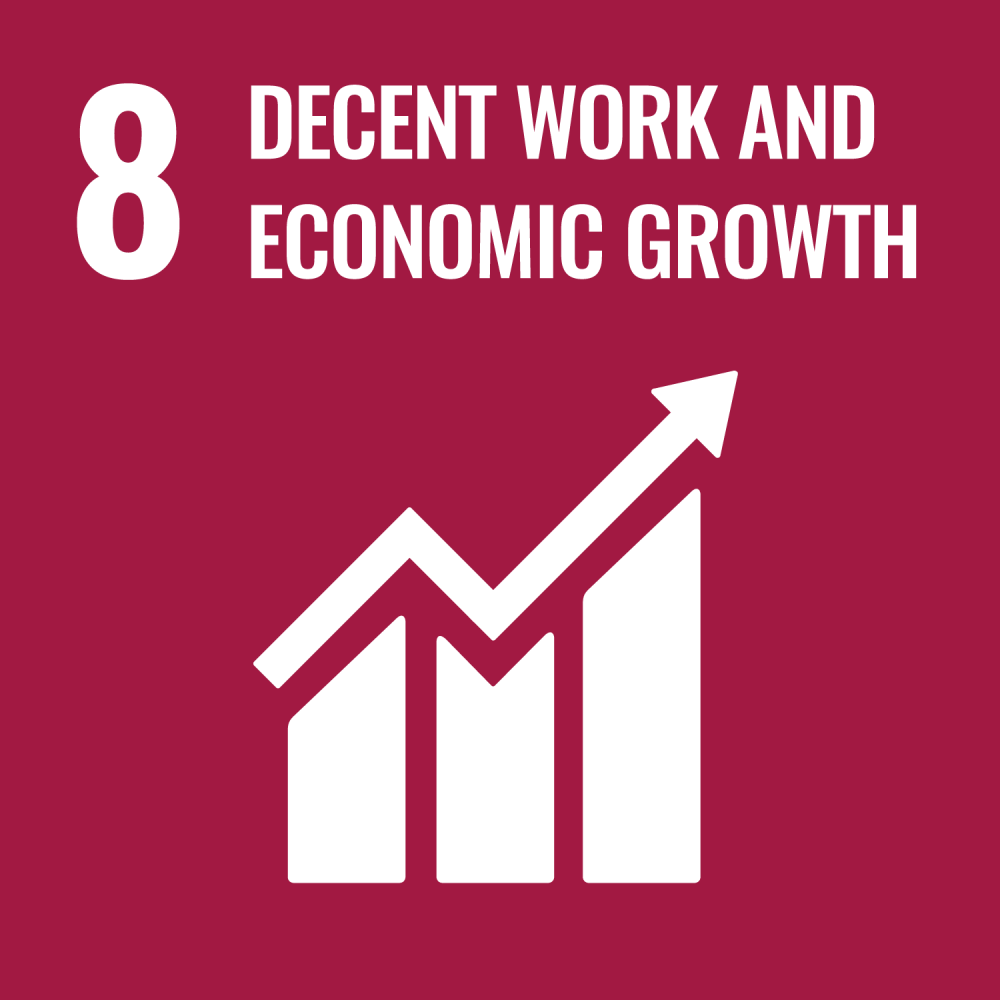 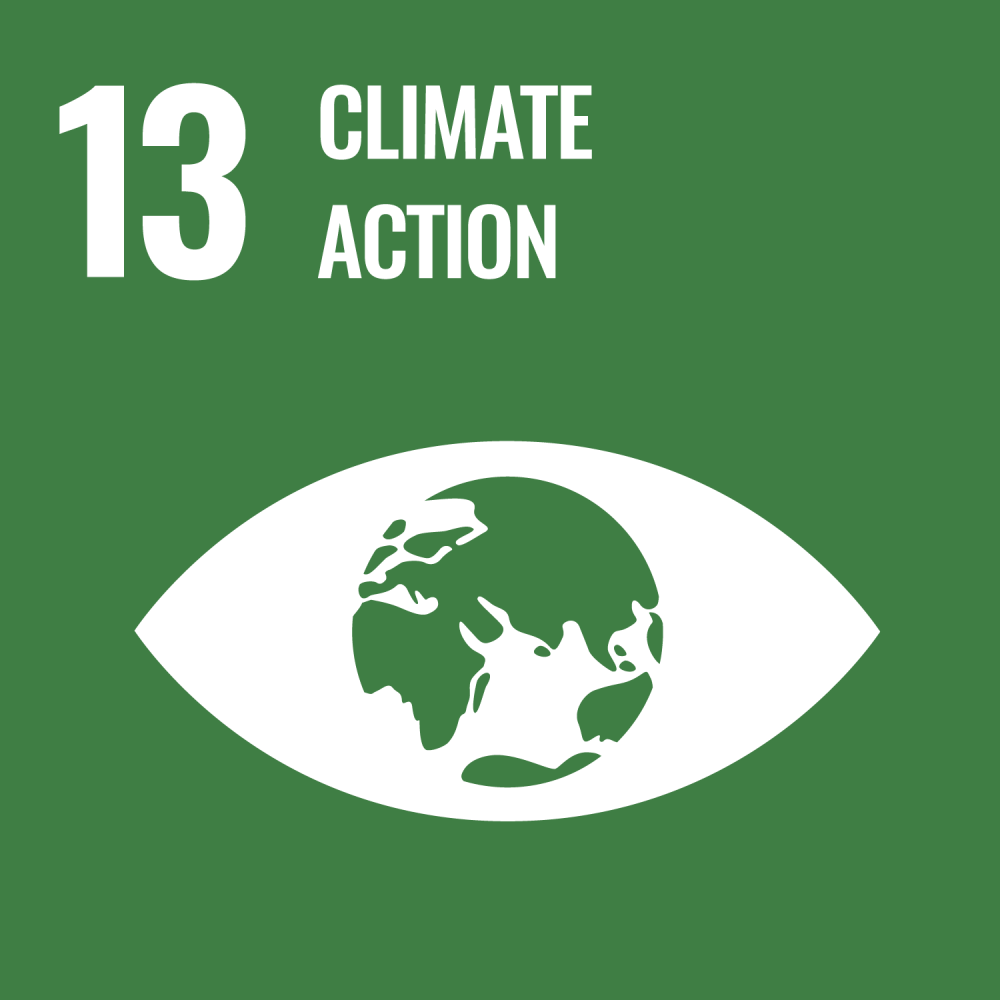 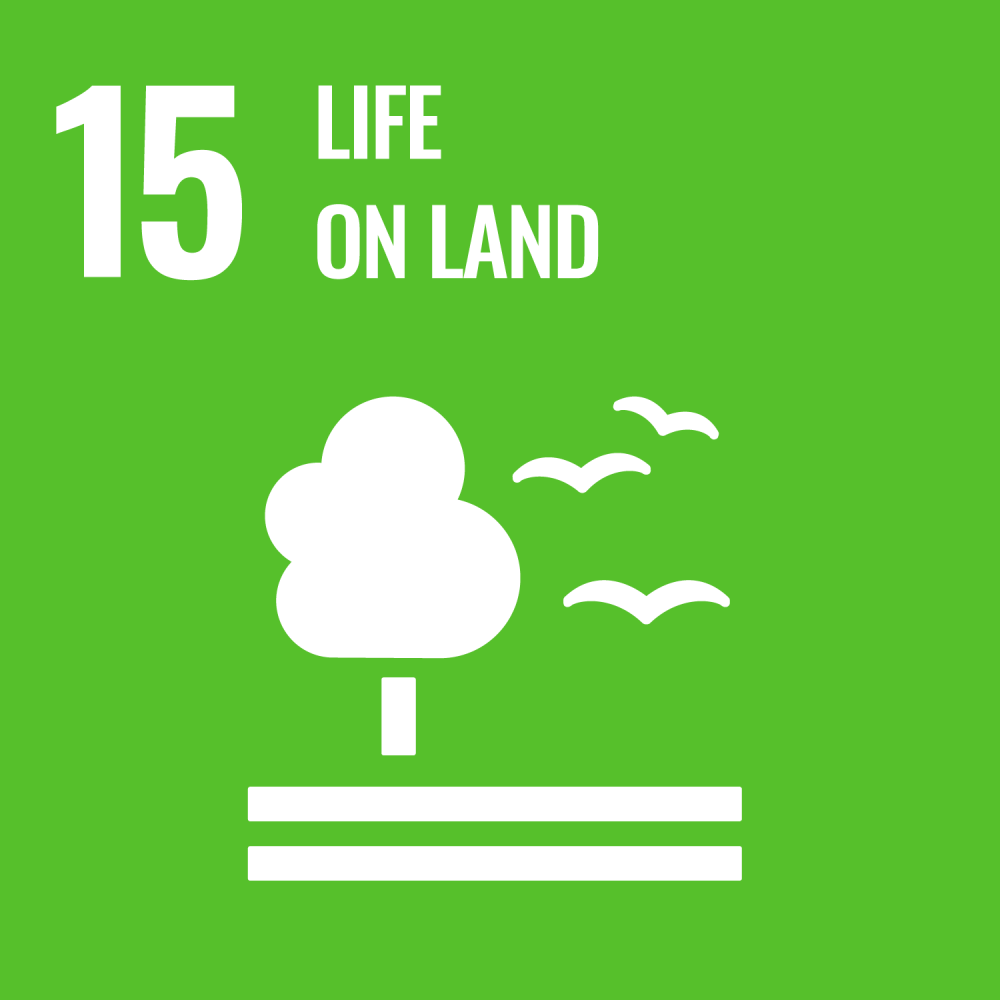 |
|
Defining the Social and Economic Value of Cooperation in the Agricultural Sector |
|
Leads: Sharon Flanigan, James Hutton Institute and Caroline Whitfield, SRUC Stakeholder: Scottish Agricultural Organisation Society |
|
The fellowship aims to develop a standard and practical method for assessing the co-op business model, including both the direct and indirect benefits. You can read more about the fellowship elsewhere on the SEFARI website. |
 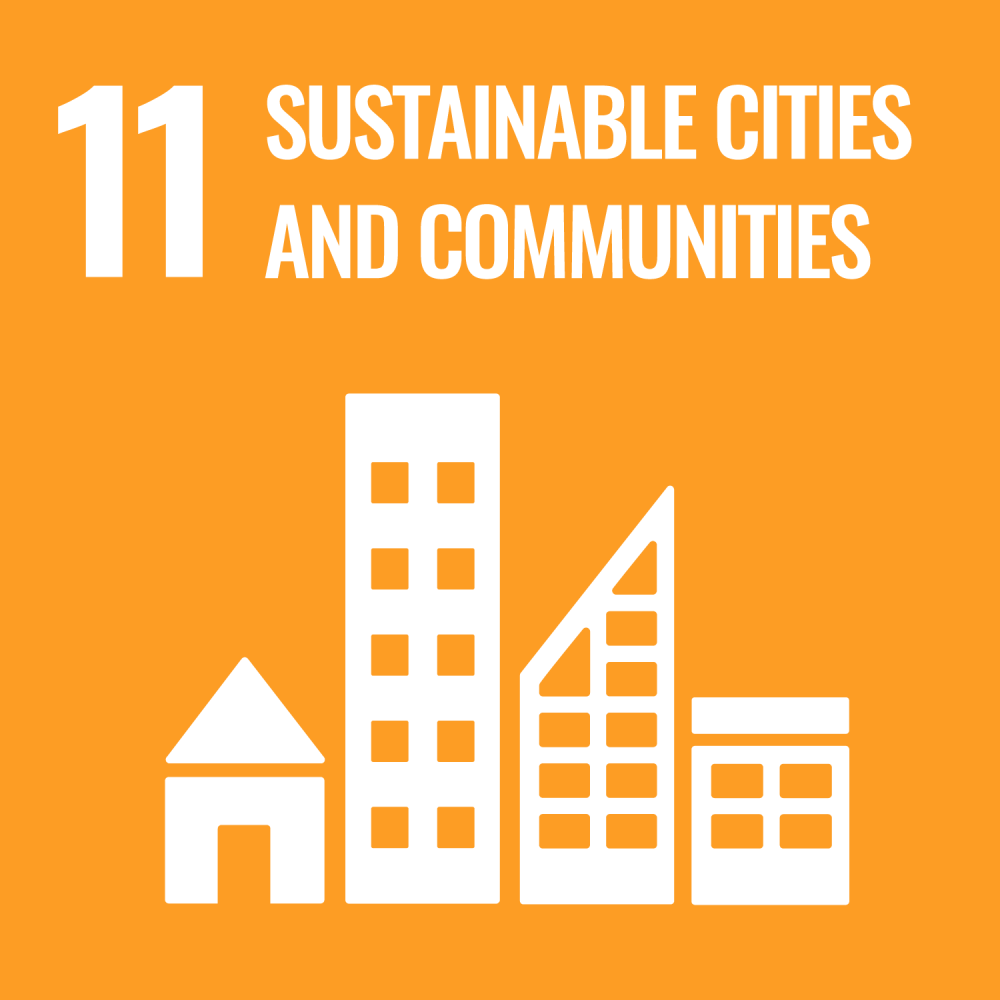 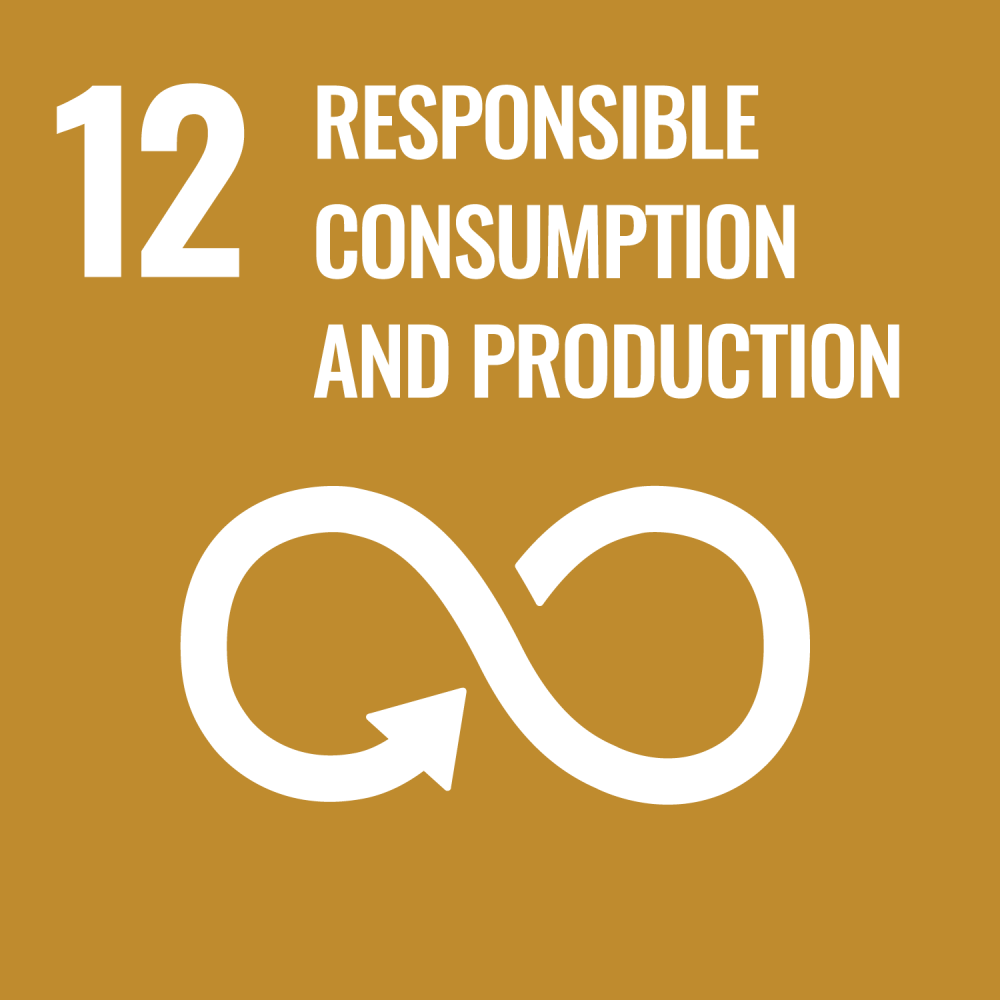 |
|
Water Resources and Benefits to the Scottish Economy |
|
Lead: Nazli Koseoglu, James Hutton Institute Stakeholder: Water Industry Commission (WIC) for Scotland and Scotland’s Hydronation Initiative |
|
As part of Scotland being a 'Hydro Nation' there is a commitment to ensure that water resources are developed so as to bring the maximum benefit to the Scottish economy whilst working towards a goal of net zero carbon by 2040. This project will review the existing literature of the assessment and reporting of non-cash, non-monetised elements, such as carbon. This would involve a wider look at the treatment in reporting of natural capital, as part of the wider reporting framework that Scottish Water is exploring. Looking at the cost benefit analysis and the non-cash, monetised elements currently used in the water industry. This will assess the broad approaches used and provide recommendations. |
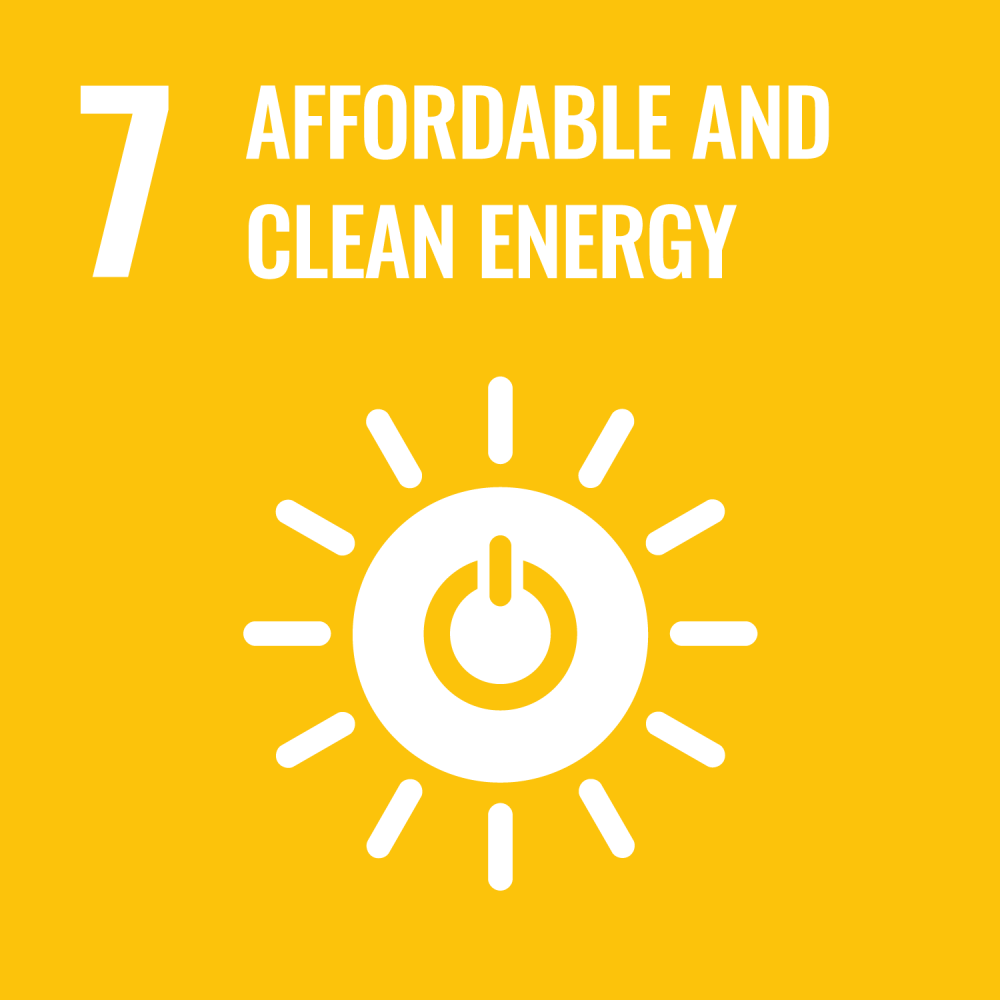   |
|
Improving Uptake of Agro-ecology Approaches for Farming and Land Management |
|
Lead: Ali Karley and Luz-Maria Lozada-Ellison Stakeholder: Food, Farming and Countryside Commission |
|
The project will explore how agroecological principles can provide long term benefits, such as improving land productivity, more resilient farming systems and valuing farming as a force for change. Read the Report and Appendices
|
   |
|
Bridging the Gap between (Agri-food) Waste and Processing |
|
Lead: Derek Stewart, James Hutton Institute Stakeholder: Zero Waste Scotland and North East Scotland |
|
This project has several objectives:
Read the Report |
   |
|
Agritech, Animal Health and Aquaculture: Improving Awareness and Links for Innovation Capacity in Scotland |
|
Lead: Jenna Bowen, SRUC Stakeholder: Life Sciences Scotland Industry Leadership Group - Animal Health, Agritech and Aquaculture (AAA) sub-group
|
|
Scotland’s AAA sector underpins Scotland’s high performing food and drink industry and is also important to life sciences and technology sectors. Despite being viewed as important for Scotland and indeed Scotland being felt to be a major contributor in the animal science sector globally, little validated information is available for AAA. In order to increase both the understanding of sectoral opportunities and collaboration of all stakeholders in the sector (public, academic, private), this fellowship will develop knowledge about the sector, that could contribute to a fuller consideration of its strengths/weaknesses, competitive advantages/disadvantages and opportunities or challenges. Read the Report |
 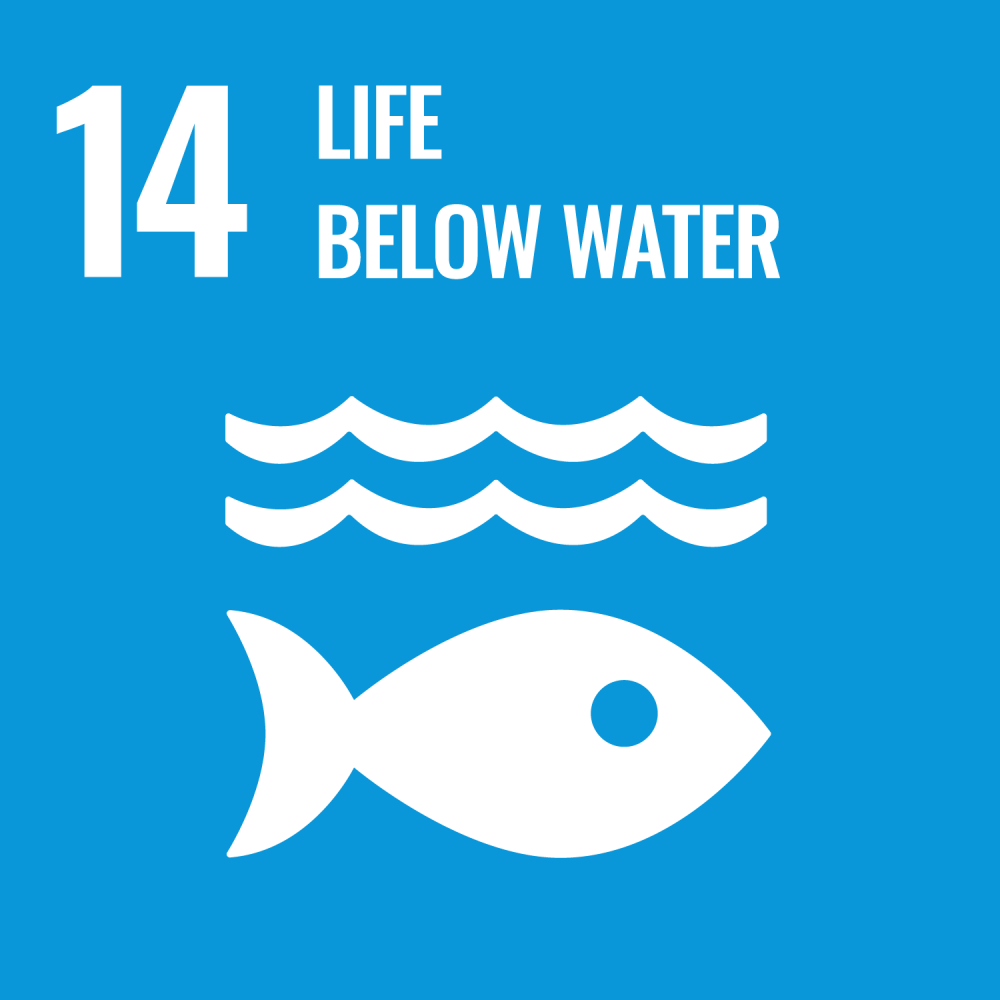  |
|
Supporting the development of new approaches for monitoring compliance with, and effectiveness of, environmental law in post-Brexit Scotland |
|
Lead: Rupert Hough, James Hutton Institute Stakeholder: Enviromental Standards Scotland |
|
This fellowship will support Environmental Standards Scotland (ESS) - a new non-ministerial office - to establish its monitoring and evaluation role in respect of compliance with environmental law by public authorities, and the effectiveness of environmental law or its application. The project will help inform current and future environmental priorities, data requirements and governance, and analytical capabilities needed to support Scotland achieve its ambitious environmental and climate change targets. Read the report |
   |
|
Land Manager Decision-making in relation to the Creation of New Multipurpose Woodlands in Loch Lomond and Trossachs National Park |
|
Lead: Rob McMorran, SRUC Stakeholders: Loch Lomond and Trossachs National Park |
|
To investigate key drivers (opportunities and constraints) for land manager decision making in relation to the creation of new multipurpose woodlands and improve understanding of how constraints to woodland creation can be overcome in practice. Read the Fellowship's full report or a short summary |
|
|
|
Spatial Data Relevant to Land-based Policy Evolution in Scotland |
|
Lead: Zisis Gagkas, James Hutton Institute Stakeholder: Scottish Government Rural and Environment Science and Analytical Services (RESAS) |
|
The main aim of the Fellowship is to support improvements to the evaluation of land-based policies or related activities and decision-making. In so doing, the Fellowship will identify sources of spatially referenced data relevant to land-based policy evolution in Scotland and identify gaps in data provision and spatial data which might be useful in the future. Amongst a spectrum of policy relevance, it is expected that this project will contribute evidence to support informed decision making in relation to land use change, climate change and biodiversity loss, as central components of a more resilient and inclusive Scottish economy. Read the summary case study |
   |
|
Assessing Nature-based Solutions for Multiple Benefits |
|
Lead: Robin Pakeman, James Hutton Institute Stakeholder: NatureScot |
|
This project will evaluate the existing methodology for assessing Nature-based Solutions interventions for multiple benefits at a range of scales across different settings. The aim is to develop a shared understanding between the Scottish Government Portfolio researchers and stakeholders, and influence future research in this area. Read the summary case study |
   |
|
Assessing Arctic Circle (Food-innovation) Clusters |
|
Lead: David Watts, Rowett Institute Stakeholder: Highlands and Islands Enterprise Read the Case Study and Report (or Summary) |
|
The purpose of this fellowship was threefold, to: • Understand the benefits for Scotland’s participation in the Artic Food Innovation Clusters with respect to food innovation and local economies. • Reflect on the strengths and contributions the Highlands and Islands and wider Scotland could make as an effective partner and good global citizen. • Illustrate possible approaches and models for engagement in line with the UN Sustainable Development Goals, including within the context of a global climate emergency. Sarah Jones, SRUC provided research support for this project. |
  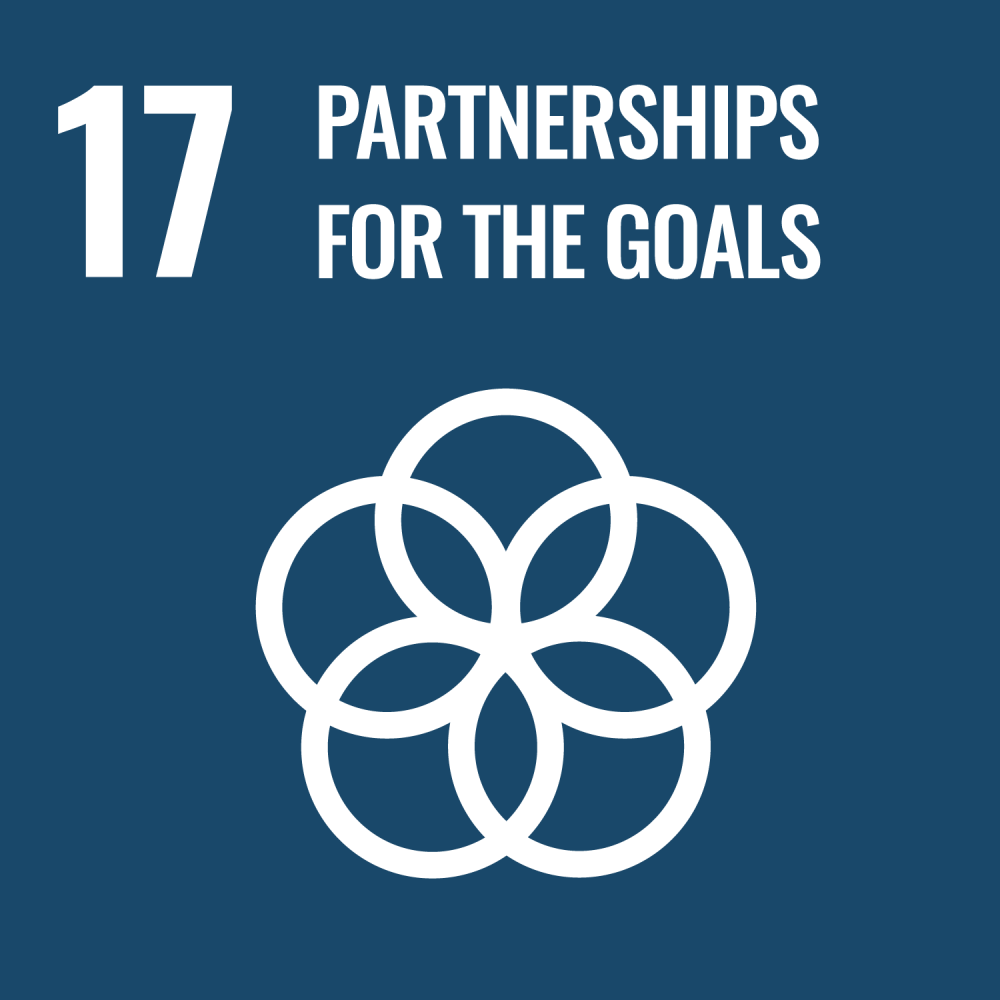 |
|
Just Transitions: a comparative perspective |
|
Lead: Annabel Pinker, James Hutton Institute Stakeholder: Just Transition Commission |
|
This fellowship has explored examples of Just Transitions in other nations/regions looking at their scope, methodology, approaches to participation and engagement, timelines, perceived risks/benefits and resultant policy outcomes. The main output of this fellowship is a forthcoming report examining evidence from government interventions seeking to manage or minimise the disruption to workers and communities caused by economic structural change similar to that implied by the move to a carbon-neutral economy. Read the project report |
 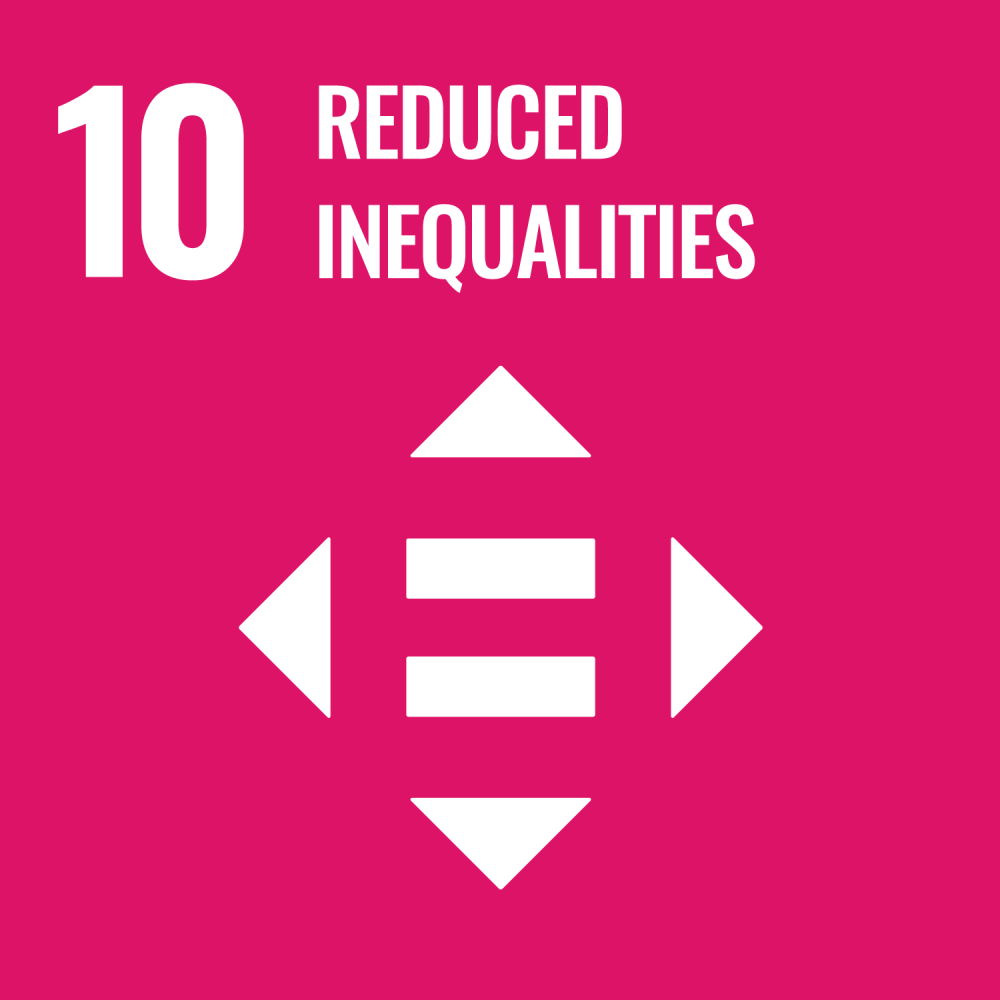  |
|
Innovative Monitoring for Biodiversity |
|
Lead: Kit Macleod, James Hutton Institute Stakeholder: SEPA and NatureScot |
|
This project aims to improve the data pipeline, i.e. moving more swiftly/efficiently from the point at which data are gathered, through interpretation and analysis to the point of making data (and interpretations) available. This includes sharing of data between partners to make the widest possible use of those data that are collected. It will also explore the use of new technologies (and increasing the understanding of the potential for new technologies) to gather and process data, including new approaches (e.g. eDNA, earth observation), sensor platforms (e.g. automated recorders, satellite or drones), and data analytic tools. |
   |
|
Connecting research and management needs for the Cairngorms National Park |
|
Lead: Alison Hester, James Hutton Institute Stakeholder: Cairngorms National Park Authority |
|
This fellowship involved doing a review of published research carried out in the Cairngorms National Park; identifying themes for future development of a Cairngorms Research database; identifying major research gaps from the perspective of the Cairngorms National Park Authority; and exploring how to improve the use of knowledge and data created. Read the full report and/or a short summary. |
   |
|
Ensuring Authenticity, Provenance and Traceability in Scottish Food Products |
|
Lead: Alex Foito, James Hutton Institute Stakeholder: Scotland Food and Drink |
|
The project delivered research that will help Scotland Food and Drink realise a specific opportunity to develop a high integrity and authenticity assurance programme for the food chain in Scotland. The project focused on the following areas: a. Review of literature on current and emerging technical models and systems for statutory and voluntary monitoring of authenticity within Scottish Salmon and Beef production sectors. b. Compiling a contact list of experts and stakeholders within these sectors for Salmon and Beef production sectors. c. Direct conversations with experts working within different scientific fields. d. Mapping and recommending relevant technologies based on their effectiveness for these sectors. Read a case study about this fellowship. |
   |
|
Resilience of the Food Chain in Scotland in relation to its Safety and Provenance |
|
Lead: Neil Chalmers Stakeholder: Food Standards Scotland |
|
This project focused on the resilience of the food chain in Scotland with particular regard to potential risks relating to its safety and provenance. The work was set in the context of supporting Food Standard Scotland’s developing food surveillance strategy, which aims to improve the use of data and intelligence to identify trends and emerging issues and enable interventions to be targeted more effectively to areas of greatest risk. Read a blog post about this fellowship. |
   |
|
Knowledge Exchange, Medicated Grit and Scottish Grouse Moors |
|
Lead: Beth Wells, Moredun Research Institute Stakeholder: Cairngorms National Park Authority |
|
This fellowship focused on building relationships as well as identifying research and knowledge exchange interests with land users, including landowners, managers, gamekeepers and farmers. The fellowship focussed on upland moorland management which is an area where land management and best practice conflicts have arisen in the past; where management practice varies considerably throughout the Cairngorms National Park area and is also a topic in which the Scottish Government’s Strategic Research Programme (SRP) is very active. Read the full report and/or blog post. |
   |
|
How will Scotland’s environment change by 2030? |
|
Lead: Stephanie Smith, SRUC Stakeholder: Scottish Futures Forum, Scottish Parliament |
|
Working in partnership with the Scottish Parliament’s Think Tank, this fellowship provided an opportunity to explore what Scotland’s environment might look like in 2030. Read the full report and/or blog post. |
  |
|
Engaging the Agricultural Sector on Greenhouse Gas Emissions Reductions |
|
Lead: Gemma Miller, SRUC Stakeholder: NFUS |
|
This fellowship has summarised what is currently understood about agricultural emissions in Scotland and to communicate that information in a user-friendly way to key industry stakeholders. The main output of this work is a series of six factsheets covering topics including the sequestration potential of managed grasslands, the climate impacts of agriculture on Scottish uplands, arable land and options for mitigating agricultural nitrous oxide emissions. Read the summary booklet or more information about the fellowship on the NFU Scotland website. |
   |